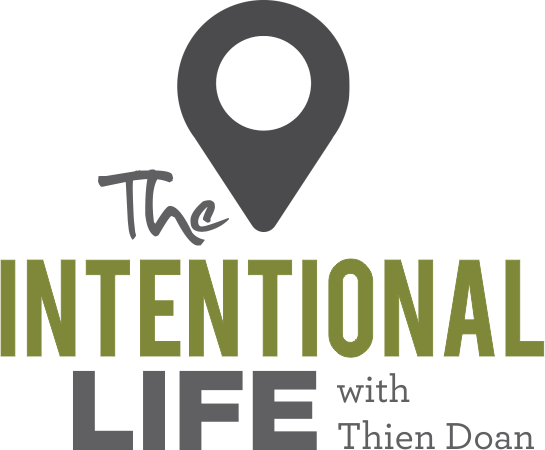Dr. Chuck DeGroat on Narcissism in the Church
Podcast Episode 07
This is an interview with Dr. Chuck DeGroat about his newest book, "When Narcissism Comes to Church."
We talk about the signs of narcissism, how it hurts the church, and the process of healing.
Chuck is a Professor at Western Theological Seminary in Holland, Michigan. You can connect with Chuck by going to his website - www.chuckdegroat.net.
Chuck's book, "When Narcissism Comes to Church"
10 Signs of Narcissism
- Centering all decision-making on themselves
- Impatience or an inability to listen to others
- Delegating without giving proper authority or with too many limits
- Feelings of entitlement
- Feeling threatened or intimidated by other talented staff
- Needing to be the best and brightest in the room
- Inconsistency and impulsiveness
- Praising and withdrawing
- Intimidating others
- Fauxnerability (a faux or fake vulnerability)
QUOTES from the book:
[narcissists are] “mirror-hungry,” using their audiences and followers as a mirror to reflect back praise and admiration. The narcissistic leader’s hidden shame and pervasive sense of emptiness is alleviated, perhaps only for a little while, by the applause of an adoring crowd or the affection of a devoted follower.
"I've never seen systemic health emerge apart from the leader (or leaders) going on their own transformational journey."
“I am convinced that the missional fervor and rise in church planting we’ve witnessed since the 1980s can be correlated with a growing prevalence of narcissism. Nowhere have I seen the narcissism-shame dynamic more pronounced than among church planters, some of whom have become megachurch pastors. Some church planting assessments I’ve seen practically invite narcissistic leadership. My work in this area as a therapist, pastor, consultant, psychological assessor, and professor over many years persuades me that the narcissism in many young men in particular is baptized as spiritual giftedness in a way that does great disservice to them and ignores deep wells of shame and fragility lurking within” (p. 8).
DeGroat says, “When I started doing psychological assessments for pastors and church planters, I saw that narcissistic traits were often presented as strengths. Narcissism can be interpreted as confidence, strong leadership, clear vision, a thick skin… A colleague of mine often says that ministry is a magnet for a narcissistic personality – who else would want to speak on behalf of God every week” (p. 19)
DeGroat writes, “In my own work, which includes fifteen years of psychological testing on pastors, the vast majority of ministerial candidates test on the spectrum of cluster B DSM-V personality disorders, which feature narcissistic traits most prominently... The rates are even higher among church planters” (p. 19).
DeGroat observes, “Narcissistic pastors are anxious and insecure shepherds who do not lead the sheep to still waters but into hurricane winds. I’ve attended and spoken at dozens of pastor’s conferences and I see this anxiety abuzz in the comparison and competition, the showmanship and dress, the addiction to substances and fitness and social media and approval” (p. 20).
He writes, “The Exodus story allows us to see ourselves, and our congregations, as pilgrims on a healing journey. It invites us to see the enslavement that keeps us from thriving. It invites us to be brave enough to cry out to God. It invites to the risky journey, fleeing what is familiar for an unpredictable path ahead. It invites us to have patience in the face of a long and winding wilderness road. It invites us to lament in the face of continued pain. It invites us to resolve to enter a new land, a hope-filled place of flourishing. Indeed, all stories of transformation necessarily take us on a cruciform (cross-shaped) journey imitating the life, death, and resurrection of Jesus, as we become participants in his suffering in order to experience his resurrection” (p. 133).
DeGroat observes, “Many of us find ourselves too busy, too habituated to the demands of modern life, too out of touch with deeper emotions to take our stories seriously and to embark on a healing journey... Healing requires radical honesty with ourselves and the courage to follow through on the wilderness path [to healing]. Perhaps the two most important components of healing trauma are awareness and intentionality. Because trauma thrives in the shadows, awareness and intentionality are often neglected for self-promotion, disconnection, and self-sabotage” (p. 141).
OTHER BOOKS MENTIONED:
"Leaving Egypt: Finding God in the Wilderness Places," by Chuck DeGroat
"In the Name of Jesus," by Henri Nouwen
"On the Mischiefs of Self-Ignorance and the Benefits of Self-Acquaintance," by Richard Baxter
"A Church Called Tov: Forming a Goodness Culture That Resists Abuses of Power and Promotes Healing," by Scot McKnight

